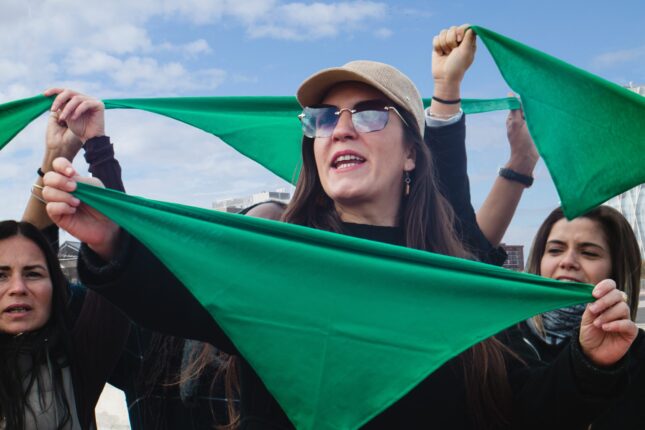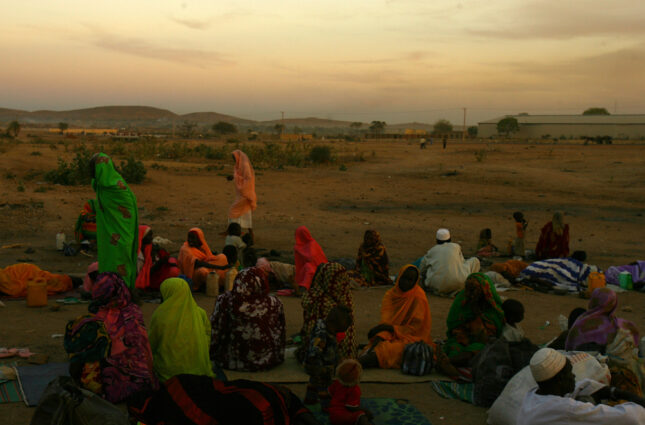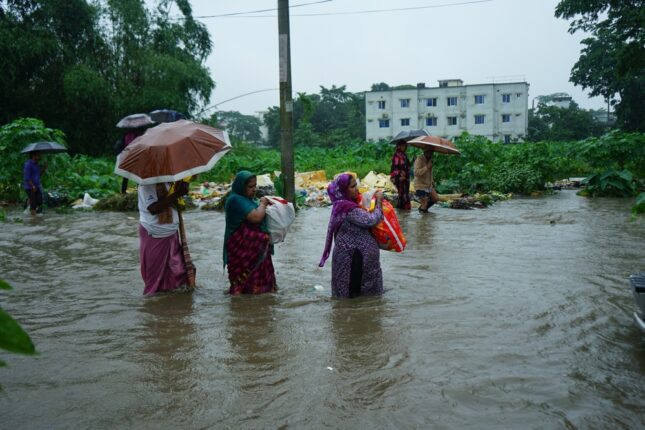Rebecca (Becca) Avigad
Becca is the Maternal Health Initiative Intern and a current master’s student at Harvard University’s John F. Kennedy School of Government. Her work focuses on domestic and global reproductive health and access, as well as on gender and conflict. Before attending Harvard, Becca earned an undergraduate degree in international relations from the University of Pennsylvania.
-
By Women, For Women: Global Advocacy for Women’s Rights and Health
›
Gambian lawmakers voted on July 15, 2024, to maintain the nine-year old ban on female genital cutting (FGC). Also known as female genital mutilation (FGM), female genital cutting is defined by the World Health Organization as “all procedures that involve partial or total removal of the external female genitalia, or other injury to the female genital organs for non-medical reasons.” The negative health outcomes of FGC can include severe pain, infections, sexual health problems, and obstetric complications.
-
“A Devastating Toll”: Sudan’s Maternal Health Nightmare
›
Ongoing fighting in Sudan has led to a devastating humanitarian crisis that United Nations Humanitarian and Emergency Relief Chief Martin Griffiths calls “one of the worst humanitarian nightmares in recent history.”
Among the millions of people harmed by the fighting are countless pregnant people and new mothers, who face direct and indirect threats to their health and lives in the country’s renewed conflict. Sudan was already suffering from a maternal mortality crisis prior to the onset of its latest civil war. Before the most recent round of bloodshed, Sudan’s maternal mortality rate stood at 270 deaths per 100,000 live births in 2020 – higher than the global average of 223 deaths. And as this crisis worsens, it is imperative to call attention to what is occurring there.
-
Innovative Strategies: Engaging Midwives in Climate Adaptation and Resilience
›
“There is a really important need in talking about knowledge equity around what is actually happening with the climate crisis, and what happens to maternal [and] neo-natal health as a result of it,” said Neha Mankani, Midwifery Association Capacity Assessment Strengthening Lead at the International Confederation of Midwives, at a recent Wilson Center event titled “Midwives Are Key to Climate Resilience.”






